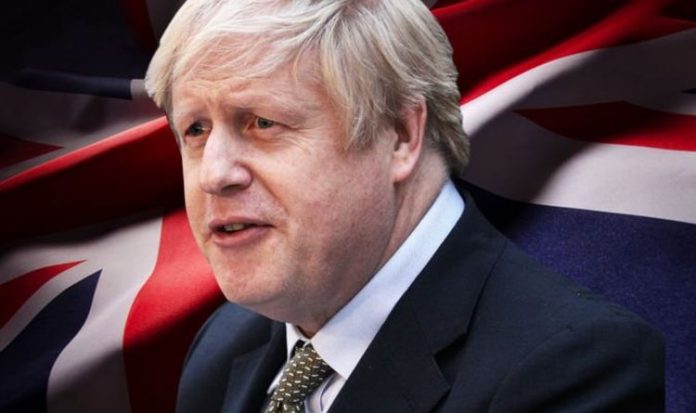Downing Street said the Prime Minister had been “repeatedly clear” that a Brexit deal must be in place before the end of the transition period of January 1. A spokesman said the UK would be willing to talk to the EU when they are “willing to change their position”, adding “we will not be back to negotiate further next year”.
He said: “We have been repeatedly clear that any agreement will need to be in place before the end of the transition period.
“We will not be back to negotiate further next year. We must provide assurance and certainty to our businesses and citizens and endless prolonged negotiations won’t achieve this.
“Our view is that if the EU is willing to change their position then we are willing to talk to them.
“But they must be ready to discuss the detailed legal texts of the treaty in all areas with a genuine wish to find a deal and respect UK sovereignty and independence.”
Asked if he meant leaving without a deal would preclude one from being agreed next year, the spokesman said “correct”.
Lead negotiators Lord Frost and Michel Barnier were speaking to each other again today official trade talks remain in limbo.Brussels said both sides will need to compromise if an agreement is to be reached, with time running out for a deal to be in place when the transition arrangements expire at the end of the year.
READ MORE: Brexit LIVE: Michel Barnier set for Brexit showdown in ONE HOUR
The spokesman added: ”What the UK’s chief negotiator needs to see is a clear assurance from the EU that it has made a fundamental change in approach to the talks and that this is going to be a genuine negotiation rather than one side being expected to make all of the moves.”
The Prime Minister and Michael Gove, the Chancellor of the Duchy of Lancaster, held a conference call with business chiefs today to urge them to prepare for leaving the single market and customs union at the end of the year.
With just 10 weeks until the transition finishes, Mr Johnson and Mr Gove used the call to tell bosses they should be ready for major change regardless of whether there is a deal with Brussels.
The major stumbling blocks remain access for EU boats to UK fishing grounds and the “level playing field” rules to ensure fair competition – including any state subsidies that the Government might seek to give to UK firms.
Under the transition arrangements – which kicked in after the UK left the EU at the end of January – Britain has continued to enjoy full access to the single market and customs union, but that is due to end at the close of the year.







